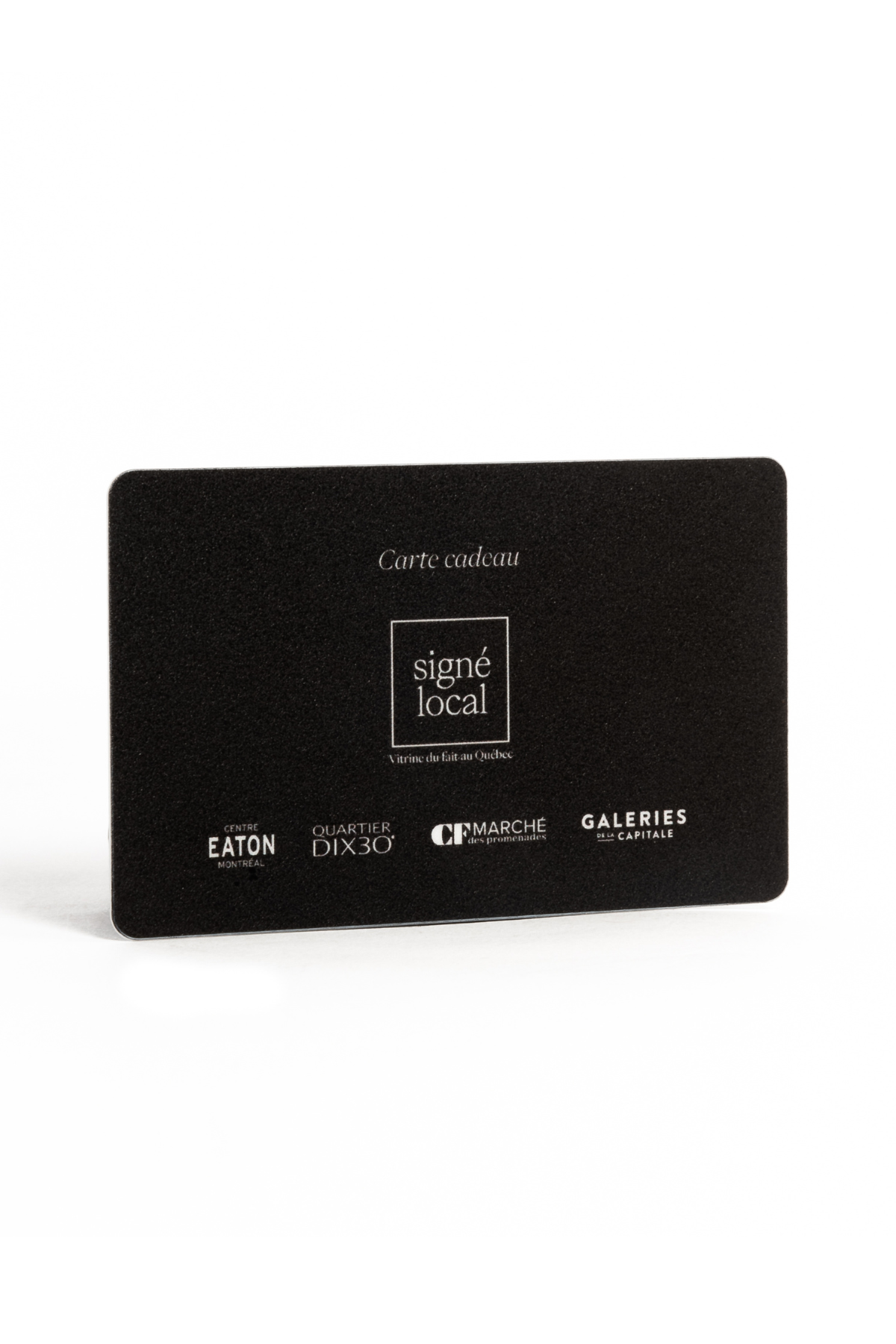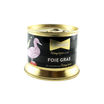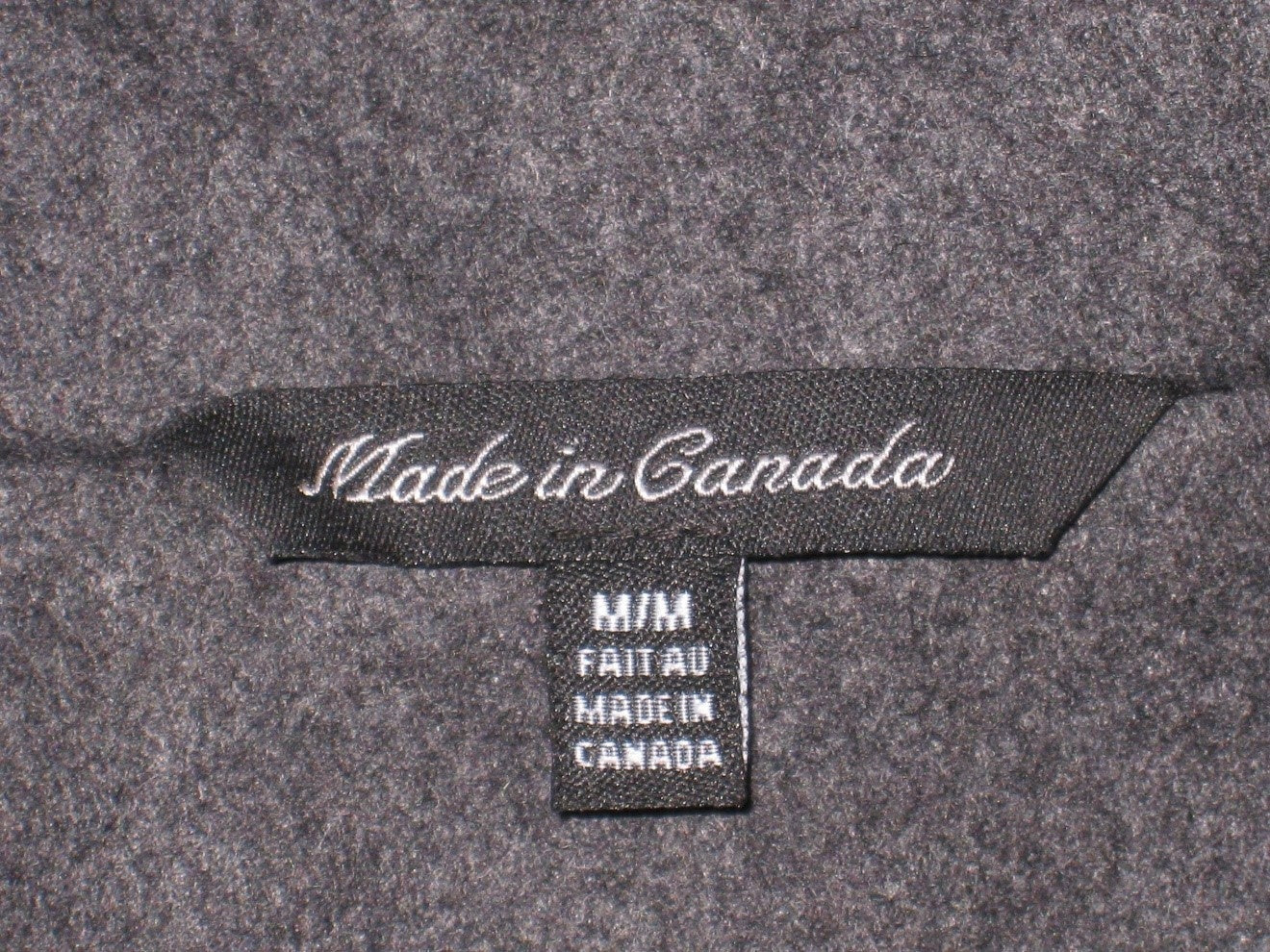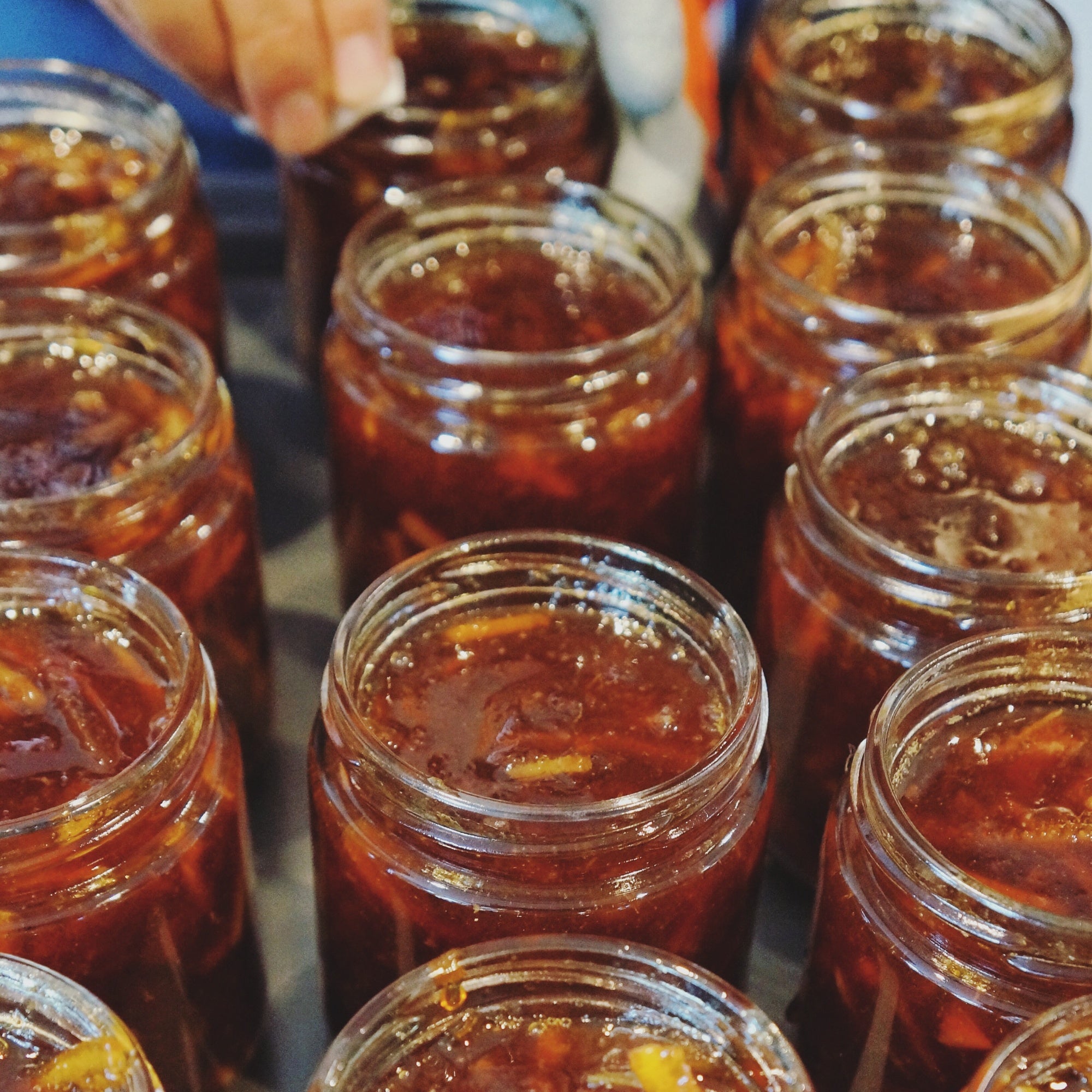Before I start, I have to tell you one thing: I'm a big fan of locally made products (surprisingly coming from a Signé Local employee, I know, I like originality...) and I've developed over the years a real interest in the perception of "made in Canada" abroad. Canada has long been recognized as a quality producer and manufacturer, but it's no secret that globalization hasn't really helped us in that regard... Our factories have closed, our production has gone overseas and our know-how got lost in the fray. Luckily, our creativity and our tenacity have remained and we are slowly witnessing the rebirth of our market and a certain return to the sources which are leading us to produce and consume locally.
It is therefore with this perspective in mind that I wondered about the influence that the country of manufacture had on the purchasing decision of consumers , as well as the perception that the mention " made in Canada " had in the stranger.
Many studies have looked at the influence of the country of origin of a product on the consumer's purchasing decision and have come to the conclusion that the origin of a product does indeed have an impact on the product evaluation and then on the purchase decision. According to a study by Doang in 2004, consumers maintain stereotypical images regarding different countries and these images are used as information when evaluating products based on their national origin. The same country of origin may evoke different emotional or social reactions for each consumer, based on traditional images of the country, rather than the actual quality of the product. An American consumer will not have the same perception of a product made in France as an Asian consumer, for example. Several factors can influence this perception, including: a positive or negative experience with natives of the country, social pressure to buy in the domestic country or even because the country is perceived as having particular sought-after characteristics (exoticism, wealth, culture, cosmopolitan spirit, originality, etc.)
And Canada in all this?!?
It is difficult to concretely know the perception of a “Made in Canada” product abroad, since, as mentioned, this perception will inevitably change from one individual to another. Also, a simple search in Google allows us to notice that the studies on the subject are quite limited and the information is practically impossible to find. So it was on the ground that I went to find my own answers, from Quebec via Europe to finally end up in Asia, I wandered the streets and I went to meet people to find answers. to my questions.

Photo credit: Affinity
What are the main associations that foreigners make about Canada?
I warn you, we are far from a research carried out by a consulting firm with very precise guidelines, but a hundred people were nevertheless questioned for the needs of the cause and the results obtained are all the same interesting. So I wanted to share them with you today. First of all, I won't surprise anyone by saying that the main associations that are made with Canada, regardless of the country, are those with the cold, the snow, the great outdoors and hockey. We cannot ignore the realities of our climate and the diversity of our landscapes. However, what naturally came out was the fact that Canadians are very professional, friendly and polite people, in addition to having all the resources in their power to produce good quality products. In Asia especially, a product with the mention “made in Canada” is perceived as a product of very high quality! Mainly because it's a country of the West, but mostly because Canada is very strongly associated with the United States for all things lifestyle. It is not uncommon to find, in specialized stores or supermarkets, sections entirely dedicated to North American products, with a very clear indication of the country of origin of the product. Wearing a North American garment or accessory in Asia is a strong statement of your personality and that is why there are very high selling prices.


Photo credit: Ariane Lessard in an ABC Mart in Japan
The perception of Canada is good… but what can we say about “Made in Quebec” ?
Of course, when you are abroad, the prevailing notion is that of “made in Canada”. Most countries have only a very brief idea of where Quebec is located and even less distinguish between Quebec and Canada, apart from the linguistic difference. However, it is interesting to assess this difference in the local market. A discussion group allowed me to see that on the local market, a product with a “made in Montreal” label will prevail over a “made in Quebec” product and even more so over a “made in Canada” product. Consumers are not yet accustomed to buying locally. Although they know that the products will be of high quality, they more easily associate locally produced products with products that will be expensive and functional rather than aesthetic. This is why they will tend to prioritize products that are made closest to home when faced with a choice, as they see a greater social and economic impact there.

Photo credit: CBC News
Of course, there is still a lot of work to be done in order to promote Quebec and its magnificent products on the international market, but it is by taking small steps and educating the people around us on the real impact of their choice that 'we will be able to move things forward...






































Leave a comment
This site is protected by hCaptcha and the hCaptcha Privacy Policy and Terms of Service apply.